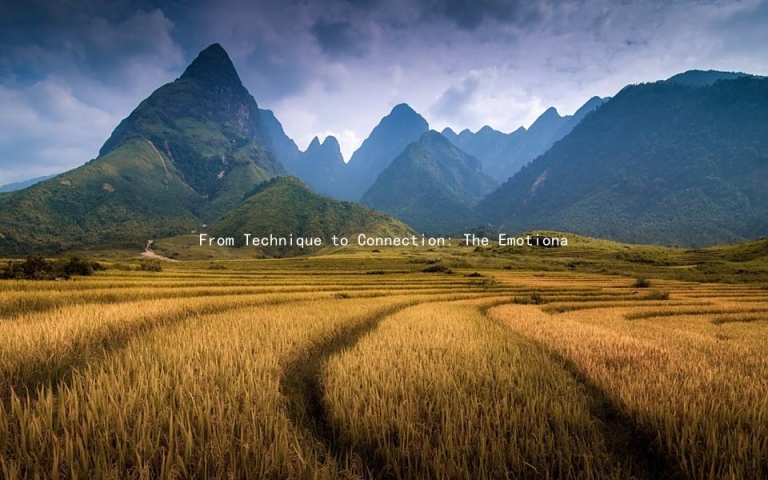Cultural Sensitivity in Romantic Relationships: Building a Stronger Bond
Cultural Sensitivity in Romantic Relationships: Building a Stronger Bond
In today’s globalized world, romantic relationships often transcend cultural boundaries. With the intersection of diverse backgrounds, traditions, and values, couples may find themselves navigating uncharted waters. Therefore, cultural sensitivity becomes an essential skill in fostering a strong and harmonious partnership. Here are several key aspects to consider when building a relationship grounded in understanding and respect.
First and foremost, communication is paramount. Cultural differences can influence how individuals express their feelings, resolve conflicts, and show affection. For instance, in some cultures, direct communication is valued, while others may prioritize indirect or non-verbal cues. Couples should openly discuss their communication styles and preferences to minimize misunderstandings. This dialogue allows partners to express their needs while being mindful of each other’s cultural context.
Another critical aspect of cultural sensitivity is the recognition of traditions and rituals that may hold significant meaning for your partner. Celebrating holidays, observing family customs, or even small gestures such as cuisine can deepen emotional ties. Engaging in each other’s traditions not only demonstrates respect but also enriches the relationship with new experiences. Couples should take the time to learn about and participate in these meaningful practices, creating shared memories that honor both cultures.

Furthermore, understanding and acknowledging cultural differences can help partners navigate potential challenges. These may include differing perspectives on family roles, expectations from the relationship, and approaches to conflict resolution. It is crucial to approach such discussions with empathy and an open mind. Remember that cultural norms are not inherently right or wrong; they simply reflect different perspectives. By exploring these areas together, couples can negotiate their values and establish a shared vision for their relationship.
Empathy plays a vital role in cultural sensitivity. Strive to put yourself in your partner’s shoes, especially when facing cultural misunderstandings. Instead of reacting defensively, ask questions and seek clarification. This approach not only demonstrates respect but also creates an atmosphere where both partners feel safe discussing sensitive issues. By fostering an environment of empathy, couples can address cultural differences constructively rather than allow them to become sources of conflict.
Finally, embracing a growth mindset is essential in culturally diverse relationships. Both partners should recognize that navigating cultural differences is an ongoing journey, not a destination. Mistakes will happen, and misunderstandings may arise. Rather than allowing these moments to define the relationship, view them as opportunities for learning and growth. With patience and commitment, you can strengthen your bond, turning challenges into avenues for deeper understanding.
In conclusion, cultural sensitivity is a powerful tool for building stronger romantic relationships. By prioritizing effective communication, respecting traditions, exploring differences with empathy, and adopting a growth mindset, partners can cultivate a rich and fulfilling partnership. In a world filled with diversity, learning to embrace each other’s cultures will not only enhance your relationship but also contribute to personal growth and mutual respect. The journey may have its challenges, but the rewards of a deeper connection and shared understanding are well worth the effort.





